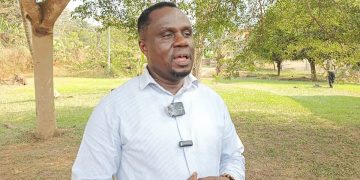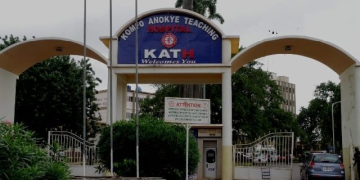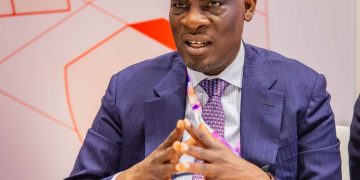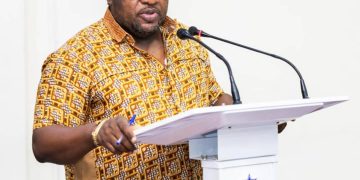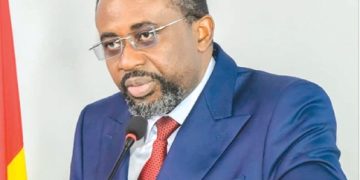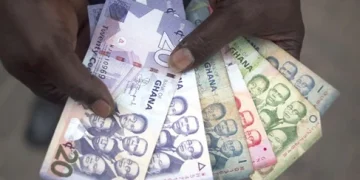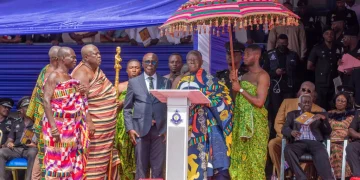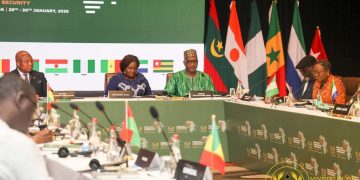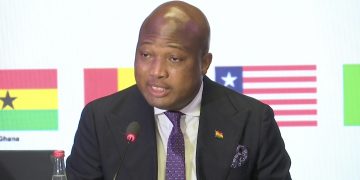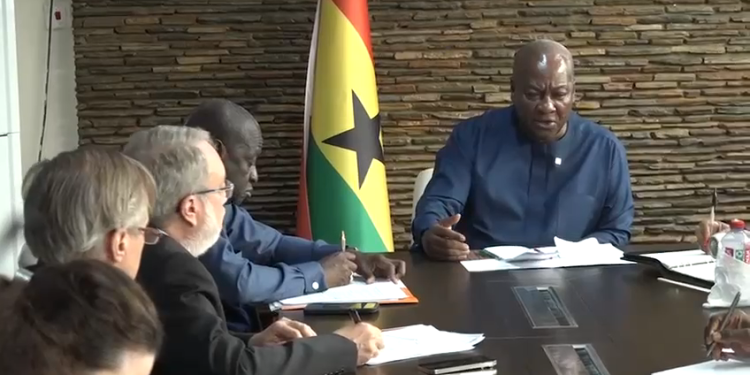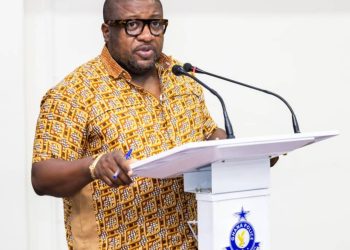Energy sector stakeholders convened at the behest of Chief of Staff Julius Debrah for a briefing on the state of the energy sector.
The meeting comes in the wake of the shutdown of the West African Gas Pipeline (WAPCo) for routine maintenance, exacerbating existing challenges within Ghana’s energy landscape.
Representatives from various agencies, including the Volta River Authority (VRA), WAPCo, Electricity Company of Ghana (ECG), Ghana Gas, Sunon Asogli Power, Ghana National Petroleum Corporation (GNPC), Public Utilities Regulatory Commission (PURC), Ministry of Energy, GRIDCo, Bulk Oil Storage and Transportation Company (BOST), National Petroleum Authority (NPA), and Cenpower, were present.
During a subsequent meeting at the Presidency with officials from the World Bank, President John Dramani Mahama addressed the pressing need for reforms within the energy sector. He signaled the potential revisitation of the privatization of the Electricity Company of Ghana (ECG) as part of broader efforts to inject efficiency and transparency into the system.
“We are considering the privatization of the final distribution point for electricity to leverage private sector efficiency. It’s something we want to revisit to stabilize the sector and address the current challenges,” President Mahama stated.
The President revealed that previous discussions with the World Bank to secure $190 million in support for the reforms were unsuccessful, as the grant’s timeline had elapsed. Despite this setback, he emphasized the government’s determination to pursue alternative discussions with the World Bank and other stakeholders to ensure progress.
President Mahama outlined key priorities for the sector, including:
Restoring transparency and implementing a clear waterfall mechanism to stabilize debt accumulation, Strengthening collaboration with Independent Power Producers (IPPs) to address power supply challenges and Securing financial and technical support to complete ongoing reforms.
He expressed optimism about reducing sector inefficiencies while assuring stakeholders of the government’s commitment to resolving pressing issues.
This critical engagement with sector players and international partners highlights the urgency of addressing Ghana’s energy crisis, which continues to impact businesses and households nationwide.
Source: www.kumasimail.com





